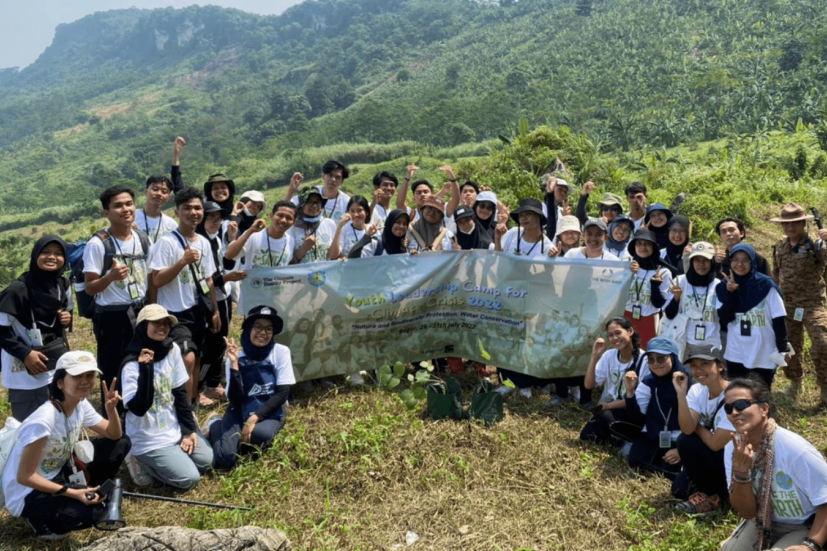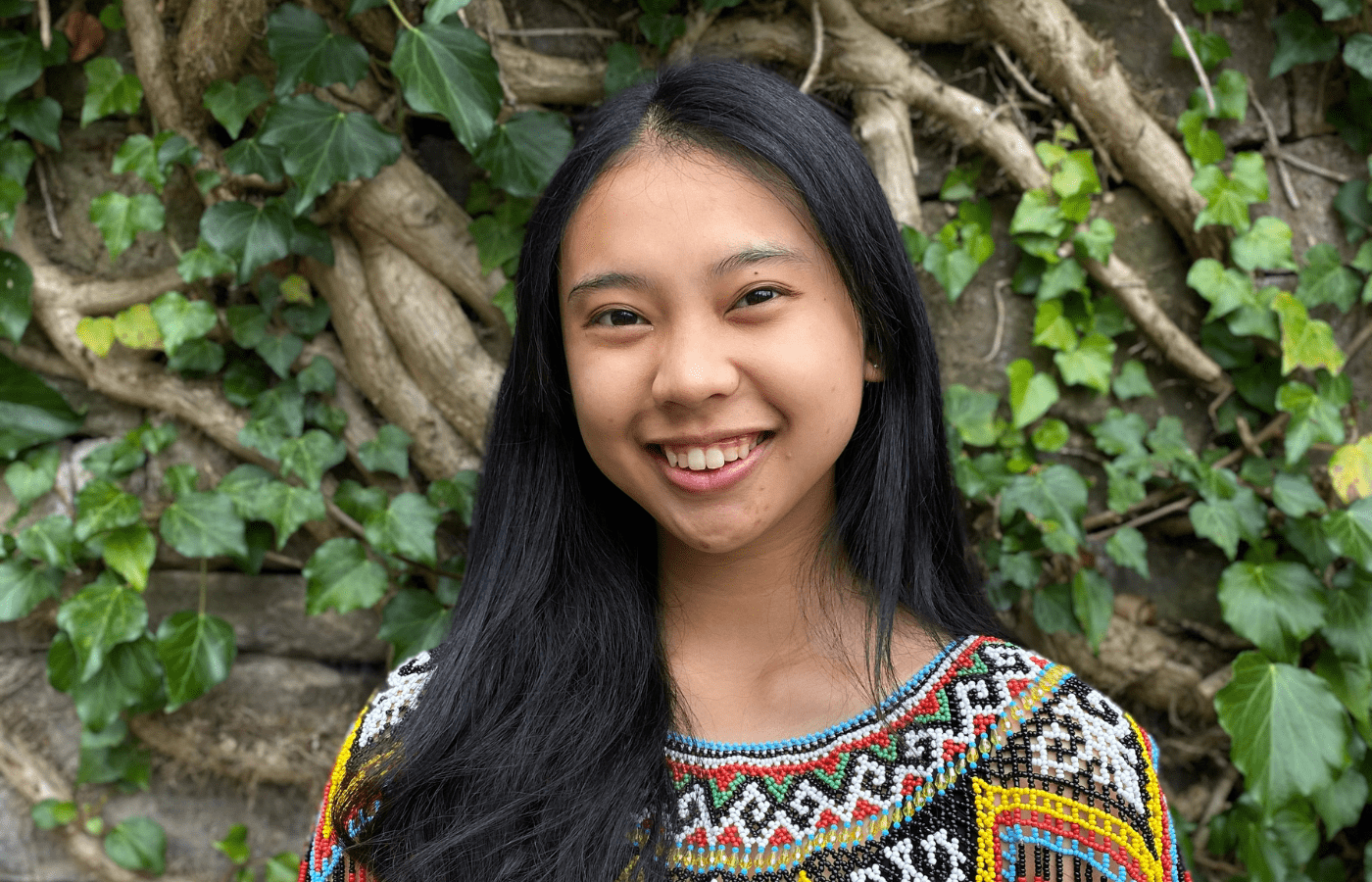Laetania Belai Djandam
My parents are both Indigenous Dayak people from Borneo, where nature has always been a big part of our culture and identity. My mother, who is a forest conservationist, is a mentor and large influence on my work as an activist. She raised me with strong Dayak values and taught me that the two most important things I must always protect are: nature and culture.
I was seven when my mother took me for my first river cleanup in Bogor, and what initially seemed like a simple activity sparked a life-long interest in the climate movement. I joined more cleanups, introduced forest conservation to my classmates, campaigned for a plastic-free canteen in my school, actively worked with local communities in Borneo, advocated for Indigenous rights on international platforms like COP – and now, I have a dedicated my career to transforming my passion for climate action into a tangible impact.
From my perspective, the condition of the environment globally and in Indonesia is deeply concerning. The physical impact of climate change is becoming increasingly evident, posing significant challenges for both the ecosystem and local communities. Rising sea levels, more frequent extreme weather events, and changing rainfall patterns are just a few examples of the climate-related impact that we are already experiencing.

It is important to acknowledge the complex challenges faced by developing countries like Indonesia in balancing sustainability and development. Achieving economic growth and social progress whilst ensuring the sustainable use of natural resources is an intricate task that requires innovative solutions and collaborative efforts. But we must prioritise sustainability in our development agenda, so that we can create a future where development and environmental stewardship go hand in hand.
For me, indigenous people are the heart and soul of nature conservation. Their historical connection with the land and their role as forest guardians make them invaluable in protecting the environment. Indigenous communities have developed sustainable ways of living which are reflected in their laws and cultures. Studies consistently show that indigenous-managed lands are healthier and less deforested. Concepts such as “planetary health” also stem from indigenous holistic understanding of climate and health, and is a compass for how we need to shift into a more systems-oriented paradigm. By empowering and protecting their rights, we enable them to continue their vital role as environmental stewards.
As a youth in the climate movement, two key challenges that I faced were youth-washing and addressing the need for capacity building.
One of the major challenges is the risk of youth-washing or youth-tokenisation. It is crucial for us to be vigilant and discerning about organisations, corporations, and platforms that may use our voices merely to showcase their support for our generation without making meaningful contributions to the climate movement. By collaborating with organisations that demonstrate genuine dedication to the cause, we can ensure our efforts are impactful and not exploited for superficial purposes.
Another hurdle I face is the need for capacity building. As young individuals, many of us (including myself) enter the movement with enthusiasm and passion but may lack a comprehensive understanding of how the world operates and the complexities within different systems. To address this, it is essential to invest in capacity building programmes specifically tailored for youth in the climate movement. By providing access to resources, training, and mentorship, we can equip ourselves with the necessary tools and knowledge to navigate the movement effectively.
I am deeply passionate about youth empowerment because young people are the drivers and future of the climate movement. Each young person possesses unique characteristics, expertise, skills, and passions that can contribute significantly to the climate movement.
Remember, no action is too small. By taking the initiative and getting involved, you can be a catalyst for change and inspire others to join the global movement towards a sustainable future.





